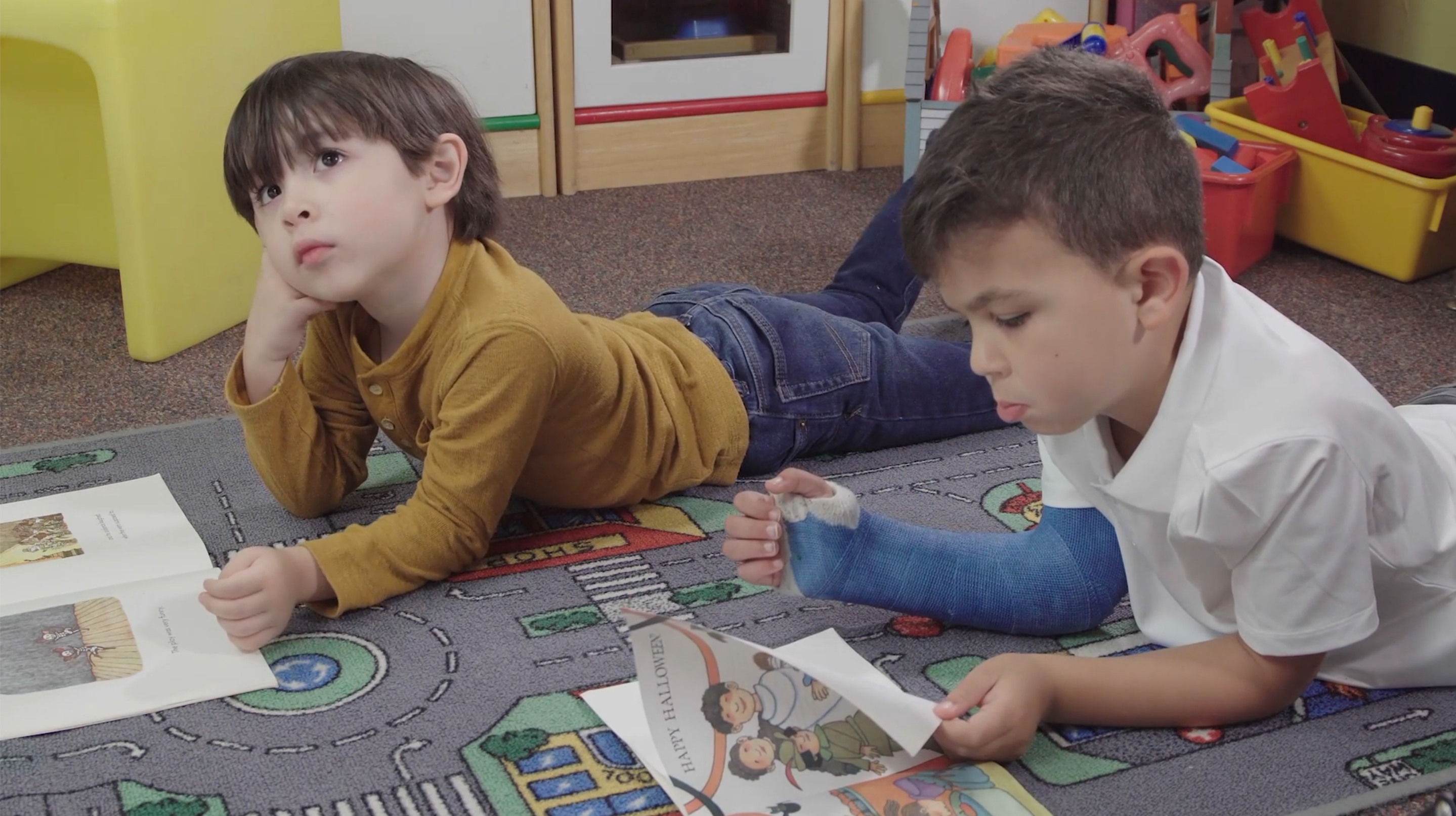Introduction
Personal space skills are an essential aspect of social development for kindergarten students. These skills help students maintain appropriate boundaries, ensuring a comfortable environment for learning and social interaction.
Understanding Personal Space Skills
Personal space refers to the physical distance maintained between individuals during social interactions. This skill impacts students’ learning, social interactions, and overall wellbeing by promoting a sense of safety and comfort. It also helps prevent misunderstandings and conflicts that may arise from invading others’ personal space.
The Role of Specialists
Speech-Language Pathologists: They can support personal space skills development by teaching students to recognize and interpret verbal and non-verbal cues related to personal boundaries.
Social Workers: They can guide students in understanding social norms and expectations around personal space and provide support in various social situations.
Psychologists: They can help students develop self-awareness and coping strategies for managing personal space issues.
School Counselors: They can provide individual or group counseling sessions to address personal space challenges and promote healthy peer relationships.
IEP Goals for Personal Space Skills
Goal 1: Recognizing Personal Space Boundaries
By [date], the student will demonstrate an understanding of personal space boundaries by maintaining an appropriate distance from peers and staff during classroom and unstructured activities.
Strategies and Activities: Role-playing, visual aids, modeling, and practicing personal space boundaries in various settings.
Goal 2: Responding to Personal Space Cues
By [date], the student will accurately interpret and respond to the personal space cues of others in [number] out of [number] observed opportunities.
Strategies and Activities: Social stories, role-playing, and guided practice in recognizing and responding to verbal and non-verbal cues.
Implementing and Measuring Progress
Implement the IEP goals by incorporating the strategies and activities in the student’s daily routine. Measure progress through regular observations, data collection, and feedback from teachers, specialists, and parents. Adjust the goals and strategies as needed to ensure continued growth and success.
Conclusion
Developing effective IEP goals for personal space skills is crucial for kindergarten students’ social development. By working closely with specialists and implementing the goals and strategies, educators can foster a comfortable learning environment and promote healthy social interactions. To explore more resources, visit Everyday Speech Sample Materials.






